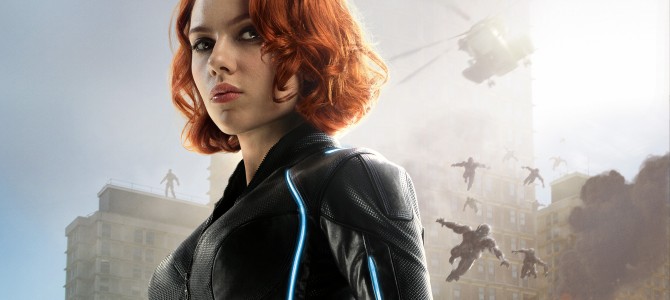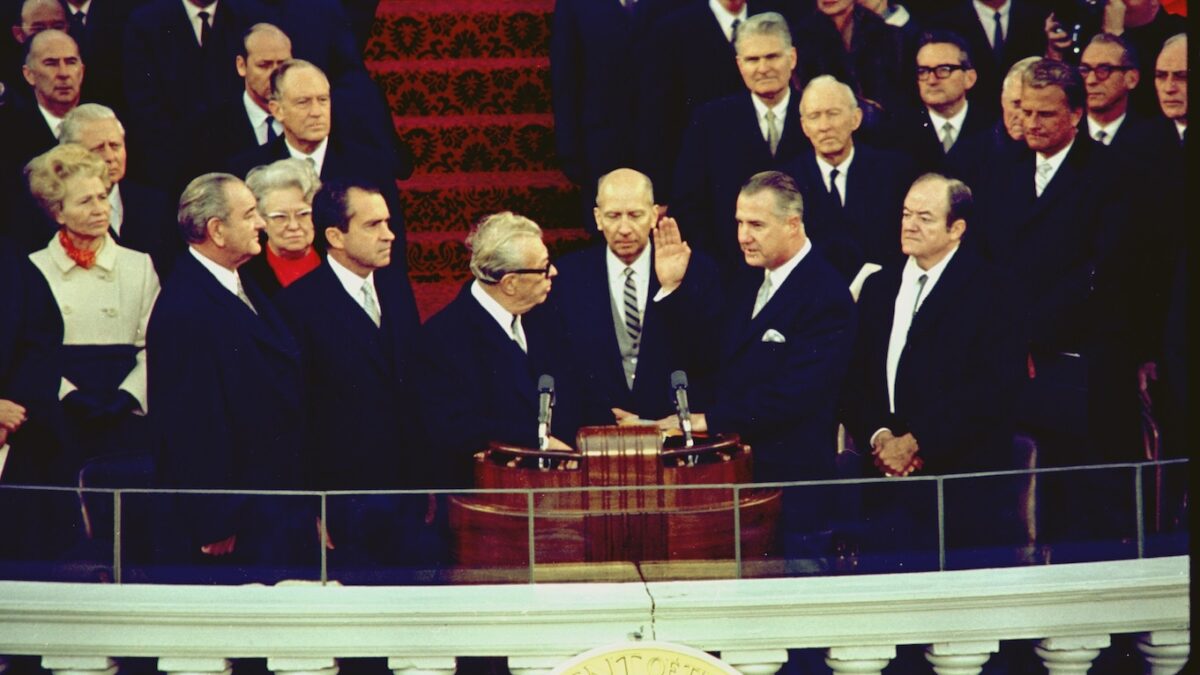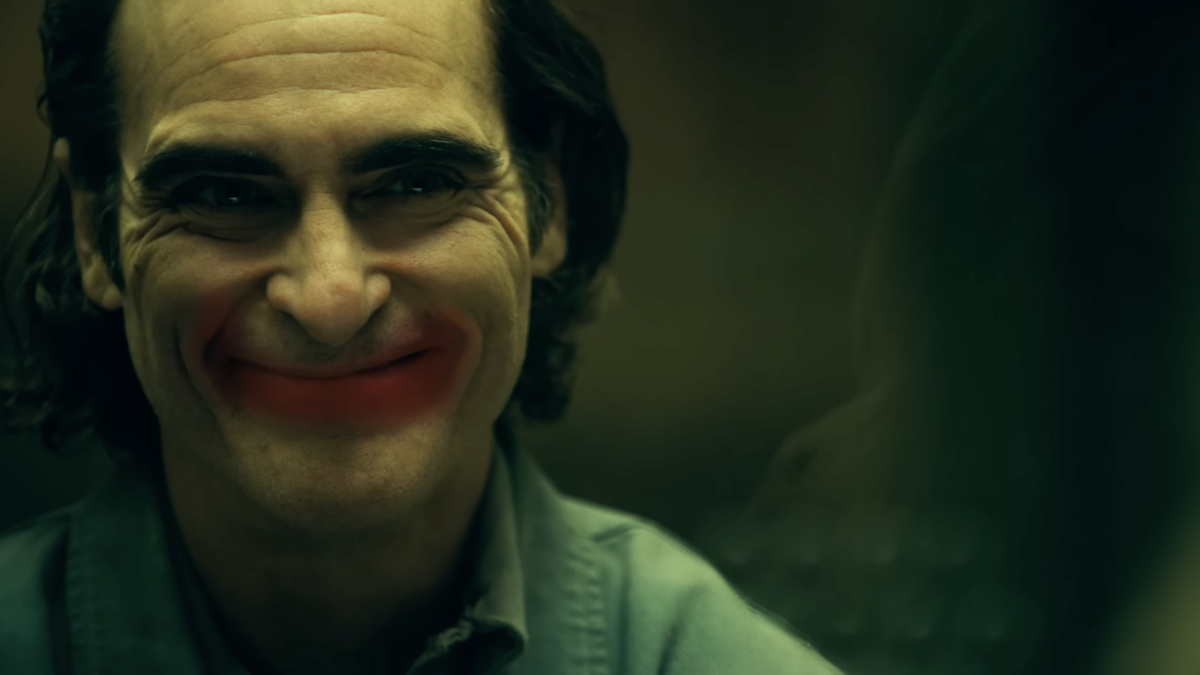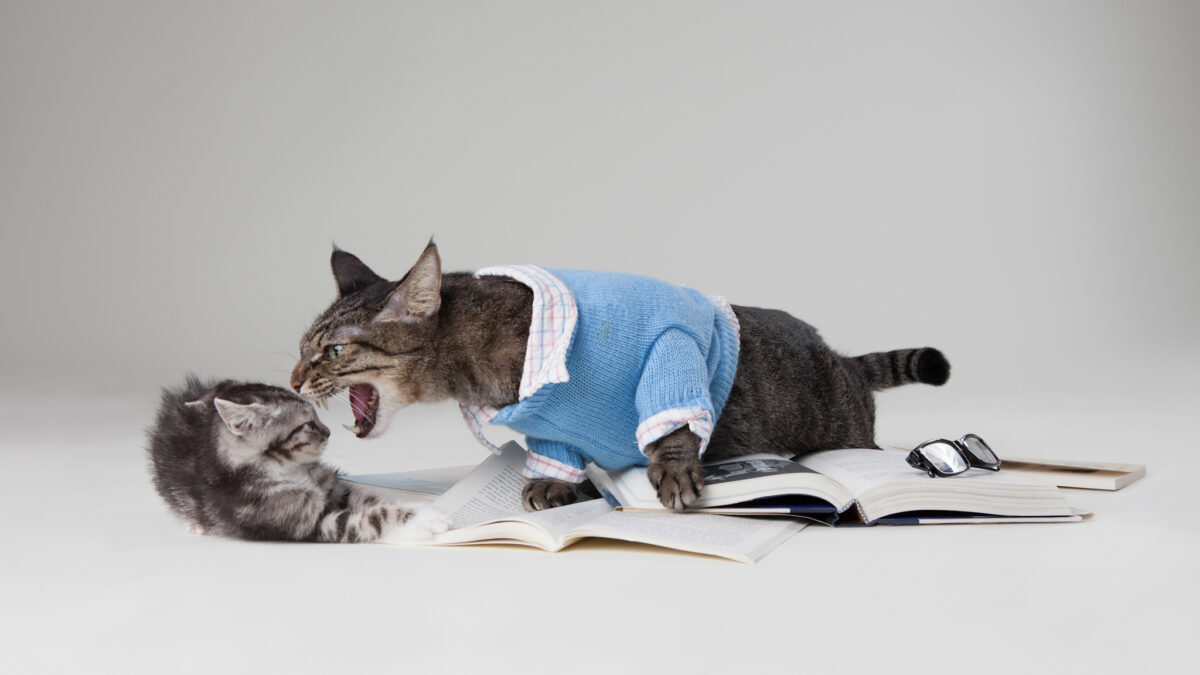
“Avengers: Infinity War” is one of the more interesting and unpredictable (not to mention one of the best) blockbusters in recent years. By the time we reach the truly stunning ending, we have seen not just the usual super-powered effects-driven battle scenes, but also heartbreaking moral dilemmas, articulate and intelligent discussions of ethical ideas, and perhaps most striking of all, a battle between good and evil couched in queasily familiar terms.
Warning, this article contains spoilers, though I will try not to be specific.
The premise of the film is that the extraterrestrial fanatic Thanos (elliptically glimpsed across the previous Marvel films) has begun an all-out war in quest of the Infinity Stones, those glowing devices that have served as plot devices throughout the series. His plan is to bring “balance” to the universe by using the stones to wipe out half of all life.
His idea, which he claims is born out by the experience of his own home world, is that if allowed to grow unchecked life will use up the finite resources of the universe and so bring about total extinction. An unbiased culling of the population is the most humane way to avert this catastrophe and create a better world for everyone. At least, everyone who survives.
In other words, Thanos is a classic student of Thomas Malthus: a believer in the threat of overpopulation, only on a universal scale and with a blend of Marxist utopianism. He points to poverty, hunger, and environmental devastation as proof of his theory and boasts that in worlds he has “balanced” (by conquering and massacring half the population) no one goes hungry. He believes that his efforts are necessary to create the best life possible for the most people, and he believes it so strongly that he is willing to do quite literally anything to achieve it.
Yet, though he is a monster, Thanos is also, for lack of a better word, a very human character. He does terrible things, but we see he feels the horror of them, and he carries himself at all times like a man bearing a tremendous burden. When the other characters reject his arguments, he doesn’t fly into a rage, but only shakes his head in sad frustration that he can’t make them understand. Again, he genuinely believes in what he is doing and thinks that he is the only one with the knowledge and will to do what has to be done. He feels he has been given a tremendous responsibility and must do whatever it takes to carry it out.
Thus, Thanos has a similar mindset to the Marxists and other leftists of the past century or so: he has a clear idea of the state of affairs that he is aiming to achieve, which he believes will eliminate the suffering he sees around him under the current system and save the world from a greater disaster down the road. Most importantly, he believes that anything and everything can be justified if it forwards this goal. The “agenda,” the final utopian state to be achieved, is more important than anything happening now, just as Marxists believed that “truth” and “justice” meant anything that forwarded the revolution.
But his daughter Gamora (adopted from one of his conquered worlds) rejects his justification by pointing out that he cannot possibly know what would have happened without his efforts, or what will happen if he doesn’t go through with his plan. He is slaughtering millions of innocent people for the sake of a prediction. Moreover, she argues that her people, poor and struggling though they were, were happy before he came. She was happy with her mother and family on her own world, and she hated her life after he adopted her (shades of people like Antonio Gramsci, who argued that happy Italian peasants must be made miserable so that they could be radicalized to forward the revolution that would “free” them).
Nor are we ever permitted to forget the awful cost Thanos’s ideas involve, as scene after scene shows him and his people massacring innocent men, women, and children as they flee in terror or beg for their lives. In one particularly disturbing sequence, we see the population of a city divided into two sections, one of which is then gunned down mercilessly.
Gamora and the other heroes operate on a different mindset. They live by certain fixed principles: that some things are right and others are wrong, and that there are some lines that they will not cross no matter what. Chief among these is that they care more for their families and friends, for their homes and their responsibilities, than any given state of affairs. No matter what, they will not “trade lives” or bargain away the people they love for possible safety. They will not set a predicted good future against the lives actually present before them.
This pattern runs throughout the film: Thanos will sacrifice anything and pay any price to achieve his goal, but the heroes will not because they care more for people and principles than for safety, even the safety of the whole universe. In this they adhere to traditional, even Christian values, which ask, “What does it profit a man to gain the whole world and lose his soul?” and remind us that the ends do not justify the means.
Yet there is price to this, and from here on we will be dealing with spoilers, so stop reading if you haven’t seen the film yet.
The result of this firm adherence to principles is that the Avengers lose. Thanos, playing off of the very virtue that led them to stand against him, manipulates and coerces them into giving him what he wants again and again. He turns their own virtue and their own humanity against them. He wins because they will not become like him.
In this we have a similar situation to the modern world: one side tries to fight according to fixed principles, the other has long ago cast off anything resembling a principle and fights only for an agenda. One operates on an idea of right and wrong, the other operates on the idea of progress and regress. For the former, the nature of the action and the actor determines whether it is good or bad. For the latter, it is whether the action moves society or the individual towards a chosen goal, whether that goal be revolution or “equality” or whatever label it is given at the moment.
But note what happens. For the “progressive,” no specific action or expedient is forbidden, for his philosophy is that good means movement toward his goal. For what might be called the traditionalist, certain acts are themselves wrong and evil and ought not be done for any reason, for the ends do not justify the means. And the result is that, by and large, the progressive wins every time by being more ruthless.
We see this pattern play out in the modern world: traditionalist institutions give space to progressive views because they want to play fair; progressive institutions fiercely exclude traditionalist views and forbid them to be spoken because they impede the agenda. Traditionalists shrug their shoulders at the immoral lives and opposing views of actors and singers because they appreciate their work: progressives consider it unacceptable for even the owner of a fast-food restaurant to deviate from the agenda. The real pattern, contrary to the narrative, is that traditionalists tolerate progressives: progressives do not tolerate traditionalists, and in both cases they are acting in accord with their philosophies.
Thus progressives are able to infiltrate traditionalist institutions and consume them by using the very principles of the traditionalists against them, just as Thanos uses the Avengers’ own virtue against them.
Of course, the same objections to Thanos apply to real-life progressives as well: that you cannot know the future or what will happen without your intervention, and that in any case the price of your agenda in lives and freedom is far too high to be justified. Part way through the film, one of the heroes learns that Thanos has murdered someone he loved. Thanos says that he had to. The other gives the unanswerable response, “No, you didn’t.”
At the end of the movie there is a nightmarish sequence in which half of our cast of heroes are sacrificed for the sake of Thanos’s goal, dissolving into dust while their friends and family watch helplessly. One of them fades crying that he doesn’t want to go while another tries futilely to hold onto him. In the name of one man’s idea of how the world ought to be, uncountable innocent lives go up in smoke, just as they have over the past century from gulags, concentration camps, and abortion mills, all in the name of “progress.”
The film ends with our heroes defeated and the universe devastated by Thanos’s agenda, much as we now find ourselves in a world devastated by progressive ideas, with those who ought to be the guardians of truth, justice, and right conduct scattered and seemingly impotent to do anything to stop it. Yet there are causes for hope: a cryptic line by one of the fallen indicates that there is a larger plan in motion.
Those whose lives had been purchased are all still alive and may be able to continue the fight. And there are hints that his victory may have cost Thanos more than he knows; that he perhaps has little left with which to maintain it. His very ruthlessness, it is hinted, may yet ruin him. But, as with the battle against the real-world ideas, the question is still unanswered. Only time will tell.









